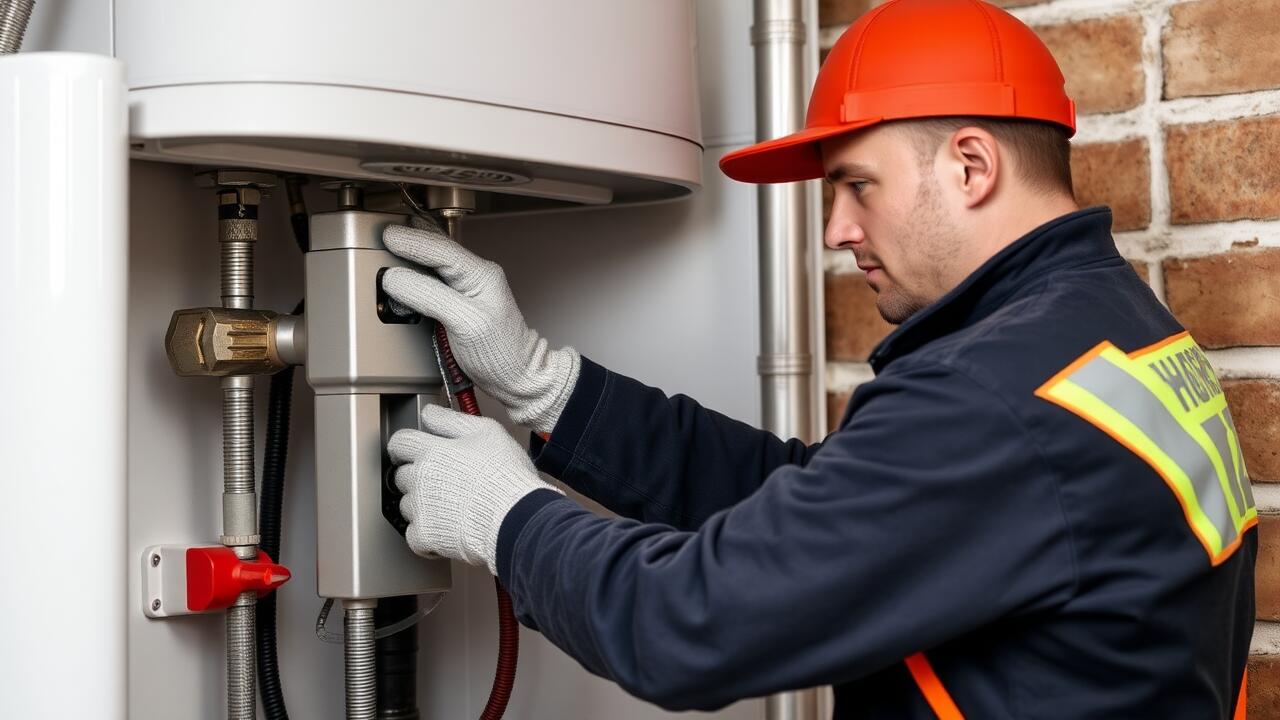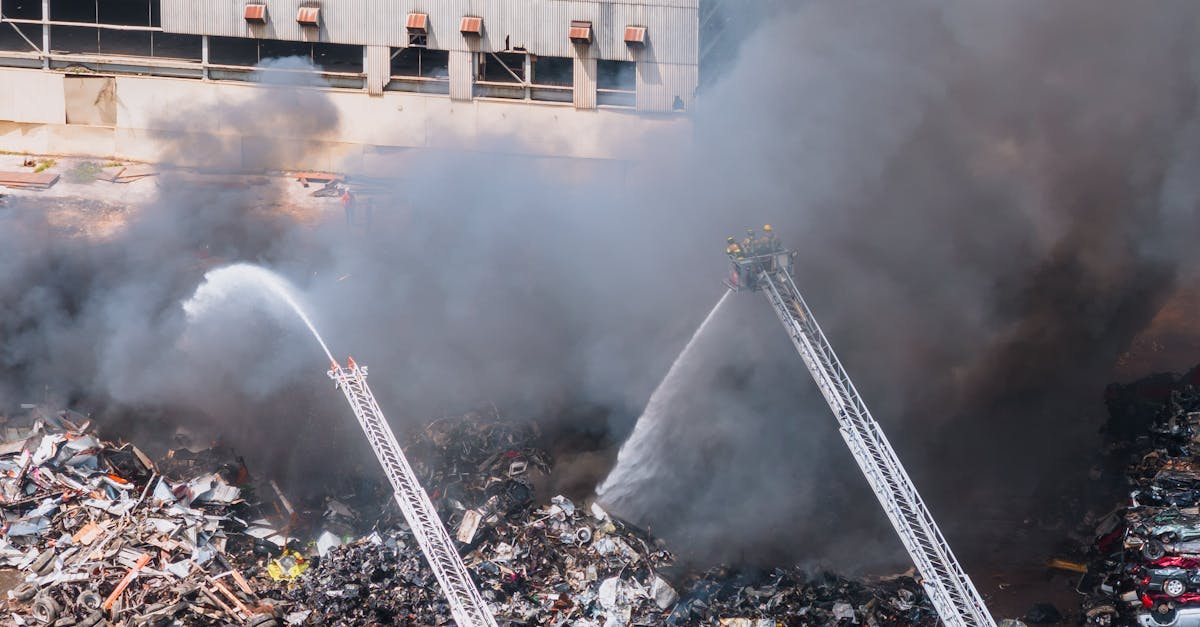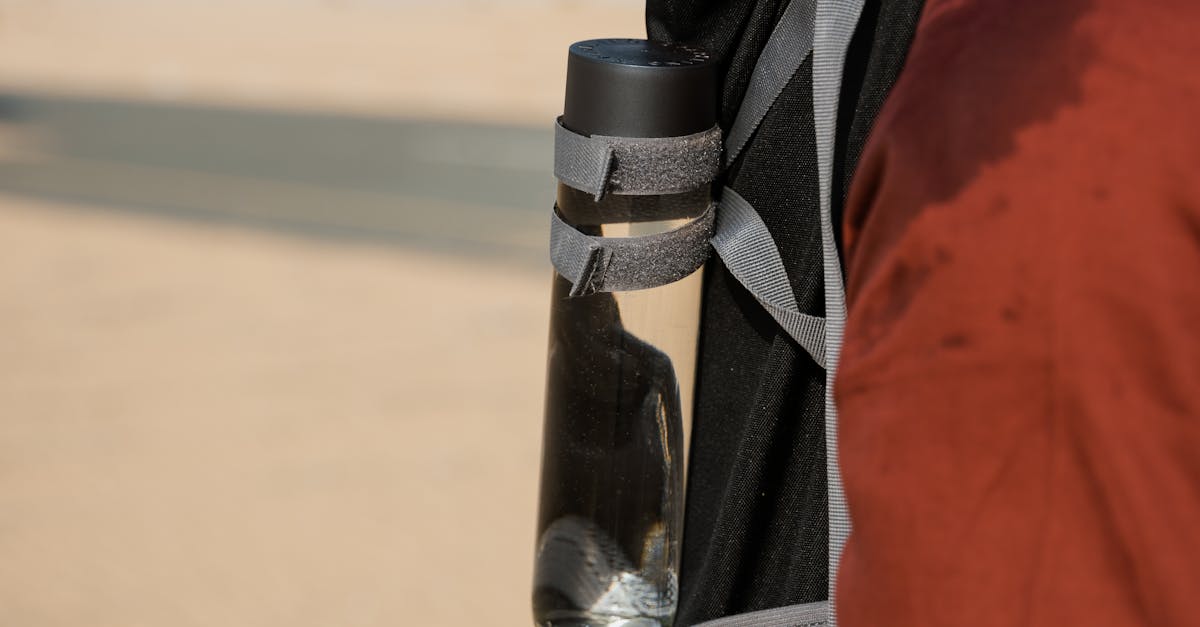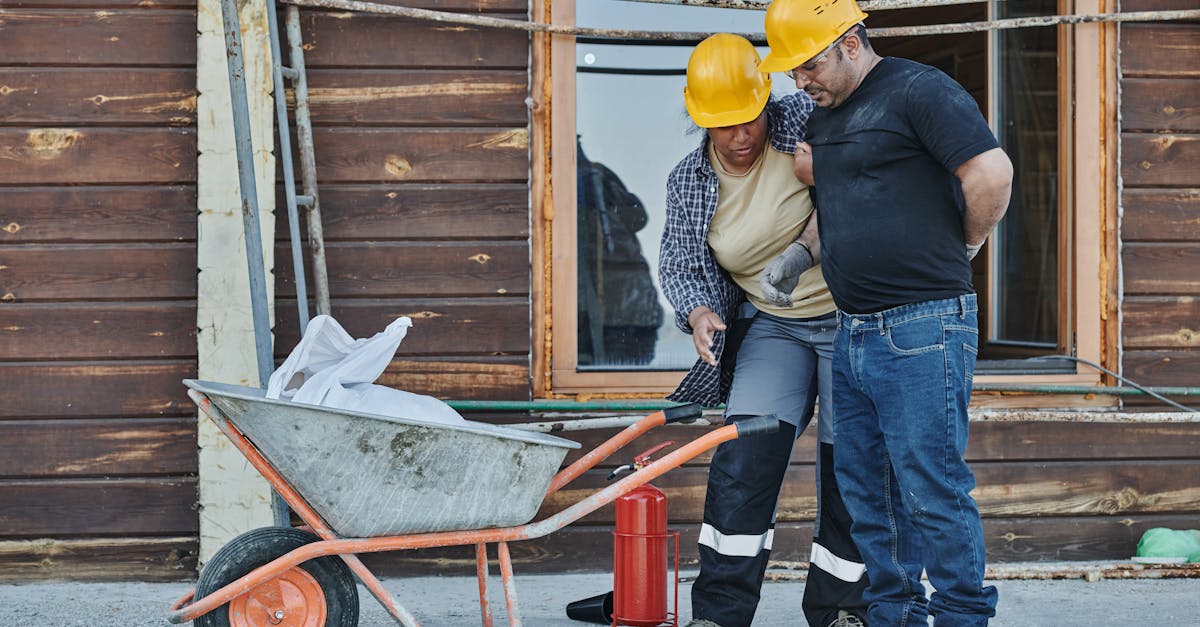
Table Of Contents
Sediment Buildup
Sediment buildup is a common issue in hot water systems that can significantly impact their performance. Over time, minerals such as calcium and magnesium can accumulate at the bottom of the tank. This accumulation reduces the heating efficiency, causing the unit to work harder to maintain the desired temperature. If the sediment isn’t addressed, it can lead to further complications, including potential system failure.
Ignoring sediment buildup can result in hot water becoming insufficient or inconsistent. In severe cases, homeowners might discover a complete loss of hot water supply. Prompt attention to this problem can save time and money, potentially avoiding the need for emergency hot water repair. Regular maintenance and flushing of the tank can help prevent sediment from accumulating and ensure the system operates efficiently.
Effects on Heating Efficiency
Sediment buildup in the water heater can significantly impair its heating efficiency. Over time, minerals and other debris settle at the bottom of the tank, creating an insulating layer that hinders the transfer of heat. As a result, the heater must work harder to reach and maintain the desired water temperature. This inefficiency not only leads to higher energy bills but also accelerates wear and tear on the heating elements, potentially necessitating an emergency hot water repair sooner than expected.
The impact of a compromised heating system extends beyond just energy costs. Inadequate heating can result in running out of hot water during peak usage times, causing inconvenient interruptions to daily routines. Homeowners may find themselves needing to schedule unexpected maintenance services. In such situations, early identification of sediment issues can help avoid the need for more costly emergency hot water repairs down the line.
Temperature and Pressure Relief Valve Failure
The temperature and pressure relief valve plays a crucial role in maintaining the safe operation of a hot water system. If this valve fails, it can lead to severe issues, including the system becoming over-pressurised or overheating. Such failures not only compromise the hot water supply but can also pose safety risks. Regular maintenance and routine inspections can prevent these problems, aiding in the longevity of the system and ensuring that it operates within safe parameters.
In cases where the hot water supply is suddenly interrupted due to valve failure, an emergency hot water repair may be necessary. Homeowners should look out for signs such as unusual sounds coming from the tank, water pooling around the valve area, or the tank not reaching the desired temperature. Swift identification of these issues allows for timely repairs, preventing further damage and ensuring consistent access to hot water.
Signs of a Faulty Valve
A faulty temperature and pressure relief valve can manifest in several noticeable ways. Homeowners might observe water pooling around the valve or hear a hissing noise, indicating steam escaping. Variations in water temperature could also occur, with inconsistent hot water available for daily use. Regular monitoring of these signs is crucial for identifying potential issues before they escalate.
If there are any indicators of a malfunctioning valve, it is advisable to seek professional assistance. Ignoring these symptoms may lead to larger problems, including water damage or a complete breakdown of the hot water system. An emergency hot water repair becomes essential to restore functionality and ensure safety within the home. Prompt attention to these warning signs can prevent costly repairs and extended downtime.
Plumbing System Leaks
Leaking pipes in the plumbing system can significantly disrupt the supply of hot water. Such leaks may occur due to corrosion, wear and tear, or improper installation. As water escapes, it not only reduces the pressure within the system but also leads to wasted resources and potential water damage to surrounding areas. Homeowners should remain vigilant for signs of dampness or water pooling, as these can indicate a hidden leak that requires immediate attention.
Identifying plumbing leaks can be challenging, especially if they are located within walls or under floors. Regular inspections can help catch problems early before they escalate. When leaks are found, it's essential to seek professional assistance for emergency hot water repair. A qualified plumber can assess the situation, recommend appropriate solutions, and ensure the plumbing system is restored to full functionality while preventing further damage.
Detecting Leaks in Hot Water Lines
Detecting leaks in hot water lines can often begin with visual inspections of the space around your water heater and pipes. Look for obvious signs such as damp spots, water pooling, or mould growth, which are indicators of moisture presence that should not be there. Additionally, check the insulation around the pipes for unexpected wetness. This could suggest that hot water is seeping through areas it shouldn’t be, signalling a potential leak.
Listening for unusual sounds can also help identify leaks. You might hear water drips or a bubbling sound, especially when the system is under pressure. Homeowners should also monitor their water bills, as a sudden increase could indicate a slow leak. Addressing the issue promptly is crucial to avoid further damage and the need for emergency hot water repair. Regular maintenance checks on your plumbing system can help prevent severe problems before they arise.
FAQS
What causes sediment buildup in my hot water system?
Sediment buildup can occur in hot water systems due to minerals and particles in the water, which settle at the bottom of the tank over time. This buildup can affect heating efficiency and reduce hot water availability.
How can I tell if the temperature and pressure relief valve is faulty?
Signs of a faulty temperature and pressure relief valve include dripping or leaking from the valve, rust or corrosion around the valve, or an unusual increase in pressure within the tank. If you notice these signs, it's important to have the valve inspected and potentially replaced.
What are the common signs of plumbing system leaks?
Common signs of plumbing system leaks include damp spots on walls or ceilings, water stains, a sudden increase in your water bill, or the sound of running water when no taps are in use. If you suspect a leak, it’s best to contact a plumber promptly.
Can sediment buildup affect my hot water temperature?
Yes, sediment buildup can significantly affect your hot water temperature. It can insulate the heating element, making it less efficient, which may result in inadequate heating and a sudden lack of hot water.
What should I do if my hot water stops working suddenly?
If your hot water stops working suddenly, first check if there’s a power supply or gas issue, inspect for leaks, and examine the temperature and pressure relief valve. If the problem persists, it's advisable to consult a licensed plumber for diagnosis and repairs.





























